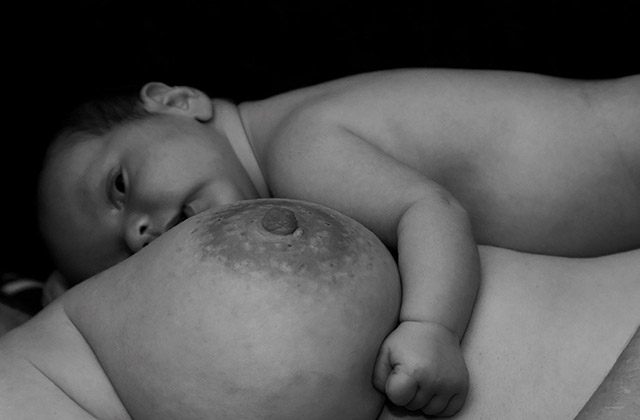One of the key factors of maintaining a healthy lifestyle is to have a healthy and well-balanced diet. This is also true and vital for pregnant women and those who are planning to get pregnant. Eating healthy foods will keep you feeling good and would provide your baby with the essential nutrient that they need in the womb.
Eating nutritious foods during pregnancy is also linked to good brain development and healthy birth weight. It can also reduce the risk of many birth defects for your baby. Maintaining a balanced diet reduces the risk of anemia and other unpleasant pregnancy symptoms such as morning sickness and fatigue.
A well-balanced pregnancy diet includes the following:
· Vitamin c
· Protein
· Fruits and vegetables
· Calcium
· Iron-rich foods
· Whole grains
· Folic acid
· Adequate fats
· And other nutrients like choline
10 Foods to Eat When You Are Pregnant
1. Sweet potatoes
Sweet potatoes are delicious and can be cooked in many ways. They are also rich in beta carotene. Beta carotene is a plant compound that is converted into vitamin A when consumed by the body. Vitamin A is essential for the baby’s development. On the contrary, excessive amounts of animal-based sources of vitamin A, such as organ meats, can cause toxicity when consumed in high amounts.
But since sweet potatoes are an ample plant-based source of beta carotene and fibre, you don’t have to worry about consuming them in high amounts. Fibre is also good for pregnant women as it reduces blood sugar levels, improves digestive health (which helps prevent pregnancy constipation), and helps in keeping you full for a longer period.
2. Dairy products
Pregnant women need to consume extra protein and calcium to meet the needs of the baby inside their womb. You can consume dairy products like yogurt, cheese, and milk. Dairy is the best dietary source of calcium. It provides high amounts of B vitamins, phosphorus, magnesium, and zinc.
3. Salmon
Salmon is rich in essential omega-3 fatty acids. These are helpful in the development of the brain and eyes of your baby and helps in increasing gestational length. Salmon is also a source of vitamin D that is important for bone health and immune functions.
4. Broccoli and dark, leafy greens
Green vegetables like spinach and kale are packed with many nutrients. Some of the benefits of dark and green vegetables include fibre, vitamin K, vitamin C, vitamin A, iron, calcium, potassium, and folate. Vegetables are also found to reduce the risk of low birth weight.
5. Berries
Berries are rich in vitamin C, fibre, water, healthy carbs, and antioxidants. They do not cause spikes in blood sugar levels as they have a relatively low glycemic index value. They are a great snack to have. They are tasty and flavorful, rich in nutrients, and contain low amounts of calories. Some of the berries to eat while pregnant are raspberries, blueberries, strawberries, acai berries, and goji berries.
6. Legumes
This group of food includes peas, beans, soybeans, lentils, chickpeas, and peanuts. Legumes are great plant-based sources of protein, iron, fibre, folate, and calcium.
Folate is considered as one of the most essential B vitamins (B9) that is good for you and your baby, especially during the first trimester of your pregnancy.
7. Eggs
Eggs are considered the ultimate health food. A large egg contains high-quality protein, fat, about 80 calories, and many vitamins and minerals. It is also a great source of choline, a nutrient that is vital during pregnancy that is important for the baby’s brain development and prevents developmental abnormalities in the brain and spine.
8. Lean meat and proteins
Lean beef, chicken, and pork are excellent sources of high-quality protein. Beef and pork are rich in iron, choline, and B vitamins. Low levels of iron during pregnancy may lead to iron deficiency, low birth weight, and other complications.
9. Whole grains
Whole grains are packed with vitamins, fibre, and plant compounds. Oats, brown rice, quinoa, wheat, berries, and barley can be eaten as a substitute for bread, pasta, and white rice.
Oats and quinoa also contain protein.
10. Water
We all need to stay hydrated, but especially for pregnant women. Your body channels hydration to your baby, and if you don’t watch your water intake, this can leave you dehydrated. Increasing your water intake can also help in relieving constipation and reduce the risk of urinary tract infections, which are common during pregnancy.Eating a healthy and well-balanced diet full of vitamins and minerals will not only benefit you but will also benefit your child. Keep in touch with your doctor to guide you in your daily meals. You can also book an online consultation through Online Doctor BC for your inquires about your diet and your overall pregnancy journey.
